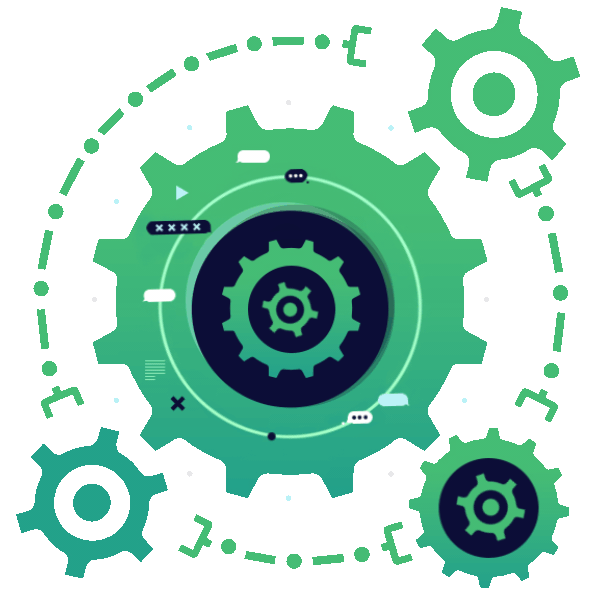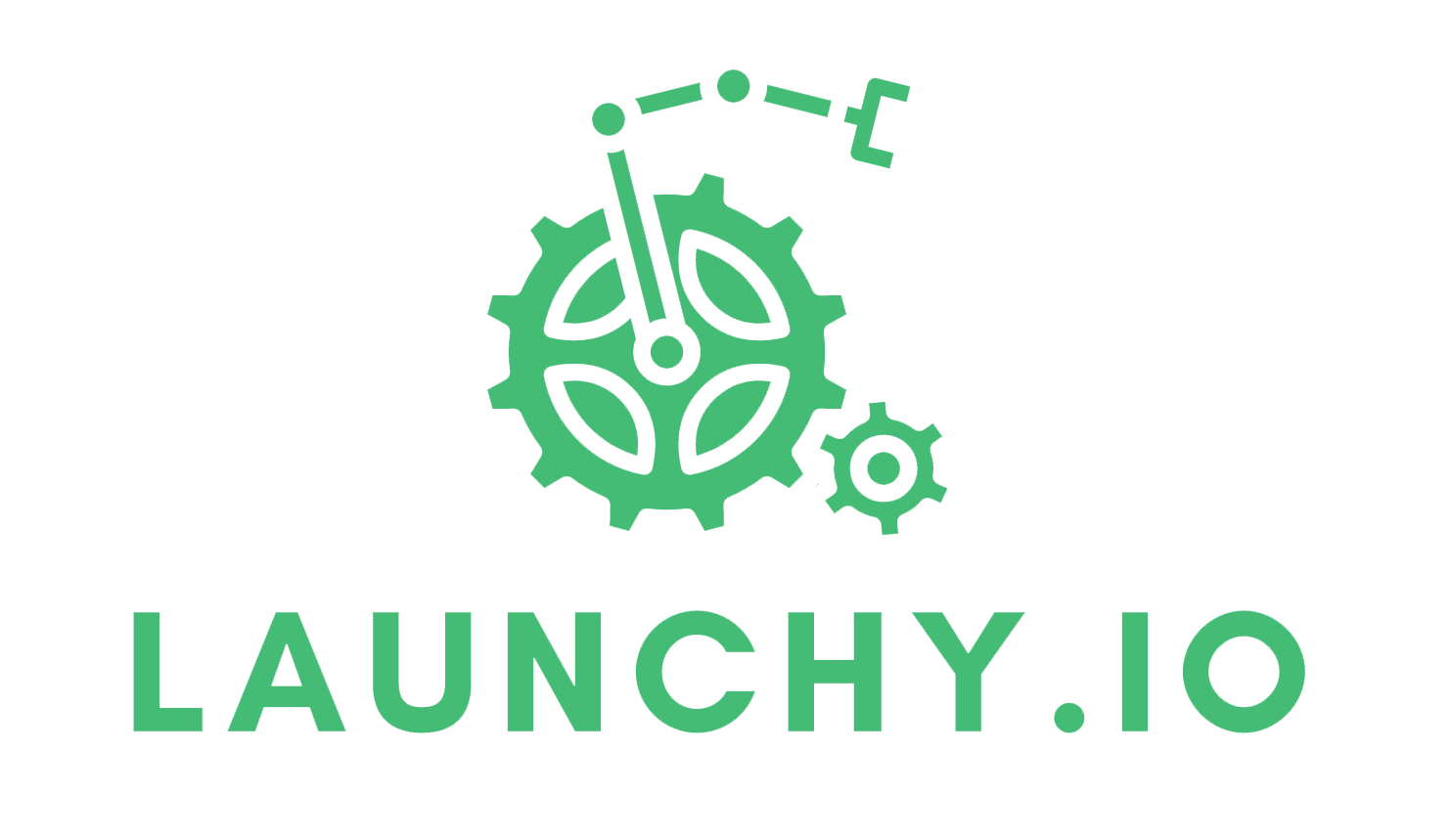
Business process automation in healthcare:
Why you should invest today
The future of business process automation in healthcare

Today, more and more organisations are investing in automation, with the aim of gaining a competitive edge in the industry and delivering higher quality customer service.
With the vast number of benefits business process automation ensures, it’s no surprise that this change can be witnessed in more than one industry—from transport and tourism, and financial services to retail, manufacturing and, of course, healthcare.
Business process automation in healthcare, in particular, has the potential to automate virtually any repetitive and manual task including procedures like diagnostic activities to administrative tasks like patient data handling.

What does business process automation in healthcare look like
Automation and artificial intelligence solutions in healthcare not only improve operations by streamlining workflows and optimising resources but also reduce clinician burnout, especially during times of crisis.
Moving forward, some of the trends that will arise and gather prominence in the coming years are:
Smart analytics
From clinical checkups to health diagnoses, patient data management requires precision and accuracy of the highest level.
The use of smart analytics through intelligent process automation in healthcare enables easy data management and analysis, ensuring greater diagnostic precision, and a high level of patient satisfaction.
The health cloud
A health cloud or a healthcare cloud is software that allows healthcare professionals to store, maintain, and backup the personal health information of patients. It also can store more data than an on-site physical server and makes it easier to organise and access all data—simplifying processes like automated clinical decision support.
Automated telehealth services
Automating essential telehealth tools such as telediagnosis, direct messaging, remote monitoring, and administrative tasks significantly optimise your services. This facilitates the delegation of tedious and time-consuming tasks to AI-enabled technology and focuses more on providing cohesive patient care.
Robotic Process Automation
The rise of RPA is expected to automate hospital workflows, cut down inefficiencies, and increase productivity institution-wide. This will allow practitioners to automate a wide range of activities like paper records, appointment scheduling, bill processing, and claims processing—streamlining administrative processes.
Automated patient communication
Quicker and smarter interactions are improving the patient experience with an accelerated response rate. Chatbots, for example, can answer patient questions and schedule appointments. With natural language processing (NLP) capabilities, AI can conduct surveys and analyse responses to gather accurate patient information.
Internet of Things
Wearable medical devices and smart thermometers are some of the ways that providers are improving the delivery of healthcare outside of a clinic or hospital. By pairing IoT with automation, medical practitioners can use automation to gather patient data, come to accurate diagnoses, and provide more sophisticated care.
What does business process automation in healthcare look like
Automation and artificial intelligence solutions in healthcare not only improve operations by streamlining workflows and optimising resources but also reduce clinician burnout, especially during times of crisis.
Moving forward, some of the trends that will arise and gather prominence in the coming years are:
Smart analytics
From clinical checkups to health diagnoses, patient data management requires precision and accuracy of the highest level.
The use of smart analytics through intelligent process automation in healthcare enables easy data management and analysis, ensuring greater diagnostic precision, and a high level of patient satisfaction.
The health cloud
A health cloud or a healthcare cloud is software that allows healthcare professionals to store, maintain, and backup the personal health information of patients. It also can store more data than an on-site physical server and makes it easier to organise and access all data—simplifying processes like automated clinical decision support.
Automated telehealth services
Automating essential telehealth tools such as telediagnosis, direct messaging, remote monitoring, and administrative tasks significantly optimise your services. This facilitates the delegation of tedious and time-consuming tasks to AI-enabled technology and focuses more on providing cohesive patient care.
Robotic Process Automation
The rise of RPA is expected to automate hospital workflows, cut down inefficiencies, and increase productivity institution-wide. This will allow practitioners to automate a wide range of activities like paper records, appointment scheduling, bill processing, and claims processing—streamlining administrative processes.
Automated patient communication
Quicker and smarter interactions are improving the patient experience with an accelerated response rate. Chatbots, for example, can answer patient questions and schedule appointments. With natural language processing (NLP) capabilities, AI can conduct surveys and analyse responses to gather accurate patient information.
Internet of Things
Wearable medical devices and smart thermometers are some of the ways that providers are improving the delivery of healthcare outside of a clinic or hospital. By pairing IoT with automation, medical practitioners can use automation to gather patient data, come to accurate diagnoses, and provide more sophisticated care.
Planning to automate your healthcare processes?
Here’s what you can expect:
Faster record management
Lower operational costs
Improved procedural accuracy
Reduced paper waste and downtime
Increased patient satisfaction
Streamlined shift and appointment management
Automation success statistics
Automation has helped 59% of doctors have more time with their patients
Appointment handling efficiency has increased by 60% thanks to business process automation
Automated workflows have the ability to reduce inefficiencies by a remarkable 30%
Launchy: your award-winning automation wiz!
Launchy’s team of automation experts bring their years of experience and expertise in cutting-edge automation tools and coaching to digitalise your healthcare institute.
Find the best platforms to work with, analyse your existing workflows, and get recommendations for the best automation strategies with an all-inclusive automation service provider.
Get in touch with us today and leverage an automation transformation in your operations!
What our clients say
FAQs
Any repetitive tasks that don't require human intelligence can be automated.
In the healthcare sector, this includes tasks such as preparing patient intake documentation, appointment scheduling and notification sending, compliance demonstration, managing your inventory, patient tracking, and shift planning.
BPA can increase the productivity of healthcare teams in various ways. By taking over manual tasks such as document handling, you can reduce the number of hours spent on menial tasks and allow your team to focus on more value-added operations.
It also helps speed up administrative tasks such as billing claims processing, patient scheduling, and shift management—all while ensuring accuracy.
Before switching to automation, you need an institution-wide review of the operations that can be automated and how it affects each of your teams. This will help you figure out the processes that you can trust to automation software and what automation software you should choose.
Speak to an automation expert at Launchy before you begin your automation journey. Our team is ready to support you every step of the way, from your system reviews to helping you access the latest automation tools out there.
Join Launchy and start creating a smarter and more sophisticated patient experience
PHONE:
EMAIL:
MAILING ADDRESS:
PO BOX 24,FRENCHS FOREST, NSW,1640,
AUSTRALIA


















